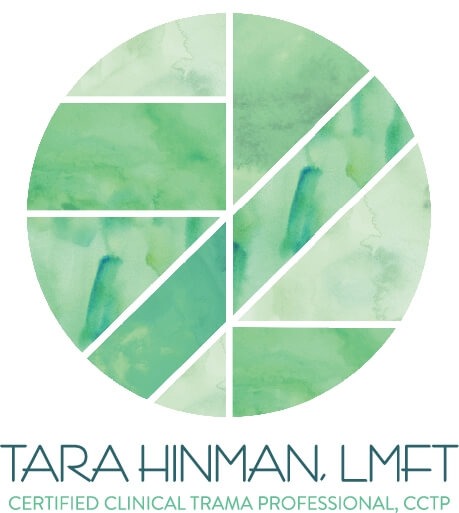Therapy approches
“Between stimulus and response there is a space. In that space is our power to choose our response. In our response lies our growth and freedom.”
-Viktor Frankl
Integrative healing
An open approach to therapy
There is nothing mysterious about counseling; it is an opportunity to have someone listen to you, and working together help you make sense of what is happening in your life. The first several sessions are generally spent with you and me talking, knowing that you, not me, are the expert on your life. Once comfort and trust are established, we will work together towards your goals.
As an “integrative” therapist, I rely on a variety of tools and ways of helping my clients achieve their therapeutic goals. I recognize that no two individuals are the same and there isn’t a “one size fits all” approach to healing.
In addition to traditional “talk therapy”, I also use the following approached to help clients: EMDR, Cognitive Therapy, Brainspotting and Mindfulness.
EMDR
Eye movement desensitization and reprocessing
Discovered by Francine Shapiro, PhD in 1987, EMDR (Eye Movement Desensitization and Reprocessing) is a powerful therapy approach originally used to treat victims of trauma. It is now used successfully to treat other conditions such as anxiety, addictions, childhood abuse and/or neglect, disturbing memories and panic attacks. Utilizing both the right and left hemispheres of the brain, it “unhooks” the distressing memory or event from the strong negative sensations that have been locked in with it. Once processed, the memory is left without the distress associated with it.
For more information, go to www.EMDR.com
Brainspotting
Using the brain’s natural ability to access information
An offshoot of EMDR therapy, Brainspotting was developed by David Grand, PhD in 2003, Brainspotting therapy harnesses the power of the brain in self-healing. Using a simple pointer, the client and therapist work together to identify a “brainspot”, or area of the brain that is holding a traumatic memory or keeping the client stuck. Once located, the client engages with this spot while the therapist stays attuned to the client’s experience, checking in with the client periodically. Just as in EMDR, the memory is intact and the distress is reduced or eliminated.
For a brief video of David Grand explaining more about Brainspotting, go to What is Brainspotting – YouTube
Cognitive Therapy
Awareness of thought
Cognitive therapy is based on the idea that what individuals think affects their emotions and physical reactions, and therefore how they choose to pursue or avoid events in their lives. By becoming aware of the thinking associated with an individual’s distress, the therapist and client work together to identify the thought, examine and challenge it for accuracy, notice where the client is feeling it in their body, and move towards relief by changing the thinking that is problematic.
Mindfulness
“Suffering usually relates to wanting things to be different from the way they are.” – Alan Lokos
What is mindfulness and why do I incorporate the practice of mindfulness in therapy? The practice of being mindful has been around for centuries, and may be found in many religious and spiritual practices. In simple terms, mindfulness is observation and self-awareness of one’s thoughts, emotions and narratives without judgement. It allows the individual to turn towards what is difficult, accept the difficulty and begin to shift to a new narrative. As explained by Dr. Steven C. Hayes in his book workbook Get Out of Your Mind and Into Your Life, utilizing the gift of mindfulness can be compared to falling into quicksand; when immersed in the sand, it is most helpful to spread out and get as much body contact as possible in order to have a possibility of surviving. In mindfulness, it is fully coming into contact with, and not fighting against the problems, much like the quicksand, that will help the individual to work through the distress. For more information, go to: mindful.org
Fees
- 50-minute session
$120 - 100-minute session
$240 - Coaching and Support Groups
$30 per session
I accept cash, checks, credit and debit cards, Venmo, and HSA cards. There is a $5 processing fee added to all card transactions. I am able to provide you with an invoice or Super Bill that you may use to file out-of-network reimbursement.
